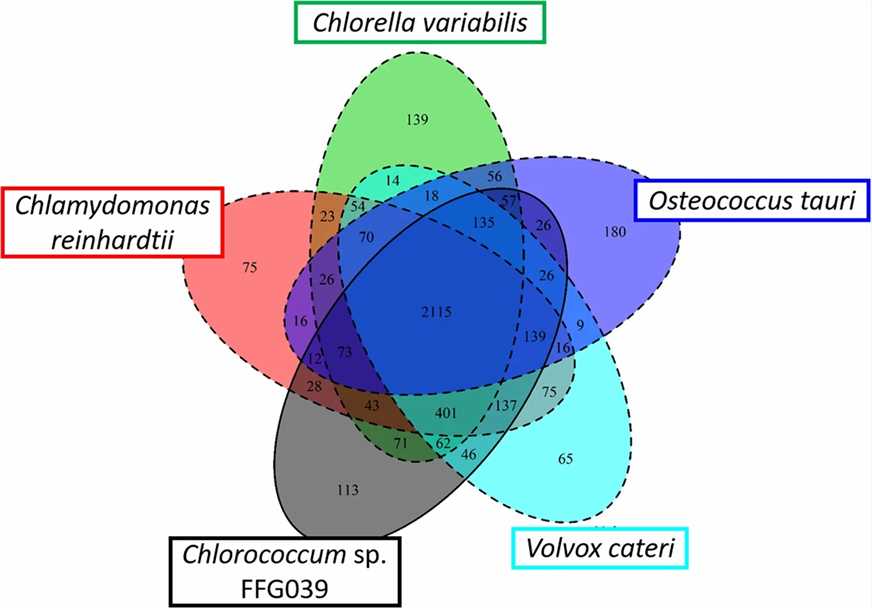Microalgae have been considered promising hosts for the production of various valuable compounds. With the increased importance of microalgae in biotechnology, environment, and nutritional health, whole genome sequences of different microalgal species have been published. The phenotypic and ecological diversity among microalgae also hints at the range of functional capabilities encoded by microalgal genomes. Genome sequences provide a window into the functional potential of individual algae. In contrast, phylogenomics and functional genomics serve as tools for contextualizing and transferring knowledge of reference organisms to less characterized systems. Comparative genomic analyses can provide additional inferences for protein function prediction and for building confidence in the automated functional annotation. Functional genomics datasets, such as transcriptomics, proteomics, and genome-wide mutation screens, can provide additional layers of gene-specific functional data. These approaches are essential support for studying the evolutionary process in microalgae.
 Fig 1. Genome analysis and genetic transformation of a water surface-floating microalga Chlorococcum sp. FFG039. (Maeda Y, et al., 2019)
Fig 1. Genome analysis and genetic transformation of a water surface-floating microalga Chlorococcum sp. FFG039. (Maeda Y, et al., 2019)
To explore microalgae's biodiversity and fully exploit their commercial potential, our skilled scientists try to understand their evolution, structure, function, and development at the genomic level. Lifeasible provides customers with specialized comparative and functional microalgae genomics services to support your research in the evolutionary process of microalgae and to create microalgae-based products. Our solutions include:
The microalgal genome encodes a large number of proteins of unknown function. We provide comprehensive comparative genomic and analytical, functional genomic data to help you develop new microalgal proteins and predict protein function. If you are interested in our solutions, please contact us directly.
Reference
Lifeasible has established a one-stop service platform for plants. In addition to obtaining customized solutions for plant genetic engineering, customers can also conduct follow-up analysis and research on plants through our analysis platform. The analytical services we provide include but are not limited to the following:
Get Latest Lifeasible News and Updates Directly to Your Inbox
Adaptive Evolutionary Mechanism of Plants
February 28, 2025
Unraveling Cotton Development: Insights from Multi-Omics Studies
February 27, 2025